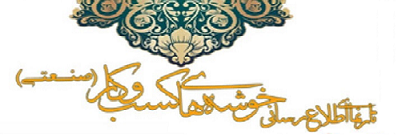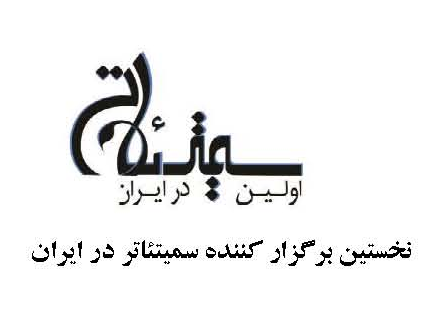گزارش تحلیلی بیزینس مانیتور-صنعت کشتیرانی درایران-سه ماهه دوم2011
Executive Summary
Headline Industry DataOn a global level we continue to see risks to all three core shipping sectors (container and dry and liquid bulk), with overcapacity and a drop in demand continually threatening to push down rates and impinge on lines' profits. As austerity measures take hold in Europe and the US continues to have high unemployment and recover from the downturn sluggishly, shipping levels may slow their growth considerably.Having posted growth during the downturn of 2009, Bandar Abbas has proven to be a resilient port in the face of adversity, and continued double-digit growth in 2010. However, our outlook for the medium term is not so optimistic. The effect of the sanctions will be felt in the Iranian economy, and this will surely trickle down into the Islamic republic's shipping sector.
Key Industry Trends
2011 Port of Bandar Abbas throughput growth forecast 1.4%, and to average 2.71% per annum to 2015.
2015 Port of Bandar Abbas throughput expected to reach 2,962,691 20-foot equivalent units (TEUs).
2011 total trade real growth forecast at 0.29%.
Iranian Shipping Sector Stays Afloat Despite US Sanctions: As the US continues to target the Iranian shipping sector with stringent sanctions in a bid to halt the Islamic Republic's alleged nuclear-weapons development programme, the nation's shipping companies are finding it increasingly difficult to operate. BMI notes, however, that the sanctions have not brought the nation's carriers to a complete standstill, and that the government is looking for ways to increase throughput at Iranian ports.Key Risks To Outlook
Pressure Mounts On IRISL: Two further blows were dealt against Islamic Republic of Iran Shipping Lines (IRISL) in January. The setbacks are serious ones for the company. South Korean shipyard Hyundai Mipo Dockyard announced that it is to stop constructing seven vessels that were ordered by the Iranian shipping company in June 2008. The 33,770 deadweight tonne (DWT) bulkers were signed for by IRISL for US$292mn. However, it seems the company is now no longer able to pay for the work. US sanctions against IRISL, which the US claims is instrumental in supporting Iran's alleged nuclear weapons programme through providing transportation and logistics, prohibit providing any sort of financing to the shipping company.
IRISL Gets Cold Shoulder From Russia: Stakes in some of Russia's biggest freight companies and port operators are being put under the hammer, but the country's foreign investment committee has made it clear that not all bidders are welcome by rejecting an Iranian bid to buy the Astrakhan-based Afla port.
The sanctions imposed on Iran provide considerable risk to our forecasts. With the nuclear-energy development programme, which the Iranians insist is not for the development of weapons, elevated to the status of a national cause it seems unlikely that it will be dropped anytime soon. Equally determined are the US and its allies; as such the uncertainty brought about by the sanctions is likely to continue for some time.
Equally, as Iran is so reliant on the export of its oil to feed its economy, any fluctuation in the price of fossil fuels could provide risk to our projections.
مطالب مرتبط


